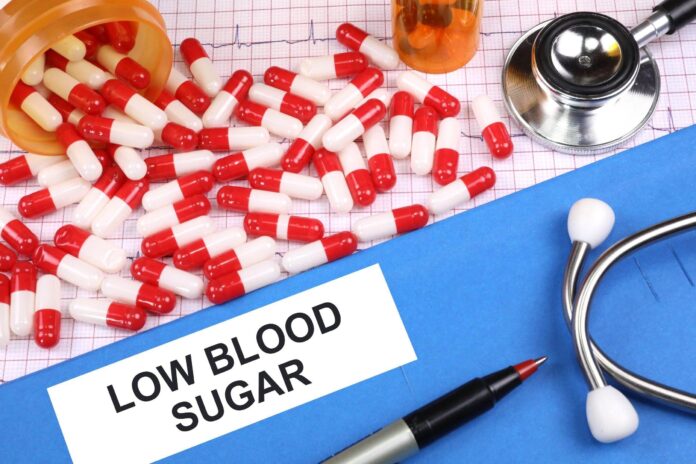
Low blood sugar, also known as hypoglycemia, is a condition that occurs when the glucose levels in your blood drop below normal. This can happen for a variety of reasons, including not eating enough, exercising too much, or taking medication that lowers blood sugar levels. It’s important to recognize the warning signs of low blood sugar so you can take action to prevent a serious medical emergency.
One of the most common symptoms of low blood sugar is feeling shaky or jittery. This can happen when your body is not getting enough glucose to fuel its activities. You may also feel weak, lightheaded, or dizzy. It’s important to pay attention to these warning signs and take action to raise your blood sugar levels.
Another warning sign of low blood sugar is feeling hungry or having a sudden craving for sugary foods. This is your body’s way of telling you that it needs more glucose to function properly. It’s important to eat a healthy snack or meal to help bring your blood sugar levels back up to normal.
Mood changes can also be a sign of low blood sugar. You may feel irritable, anxious, or confused when your blood sugar levels are too low. This can make it difficult to concentrate or think clearly. It’s important to take a break and rest if you are feeling these symptoms.
In severe cases, low blood sugar can cause seizures, coma, or even death. It’s important to recognize the warning signs of low blood sugar so you can take action to prevent these serious complications. If you experience any of the following symptoms, seek medical attention immediately:
– Confusion or difficulty speaking
– Severe weakness or dizziness
– Blurred vision
– Loss of consciousness
– Seizures
To prevent low blood sugar, it’s important to eat regular meals and snacks that are balanced with protein, carbohydrates, and healthy fats. Avoid skipping meals or going too long without eating. If you have diabetes, make sure to monitor your blood sugar levels regularly and adjust your medication as needed.
If you are experiencing frequent episodes of low blood sugar, talk to your doctor about adjusting your medication or treatment plan. They may recommend a different medication or dosage to help stabilize your blood sugar levels.
In conclusion, recognizing the warning signs of low blood sugar is essential for preventing serious medical emergencies. Pay attention to symptoms such as shakiness, hunger, mood changes, and seek medical attention if you experience severe symptoms. By taking action to prevent low blood sugar, you can stay healthy and avoid complications.

















